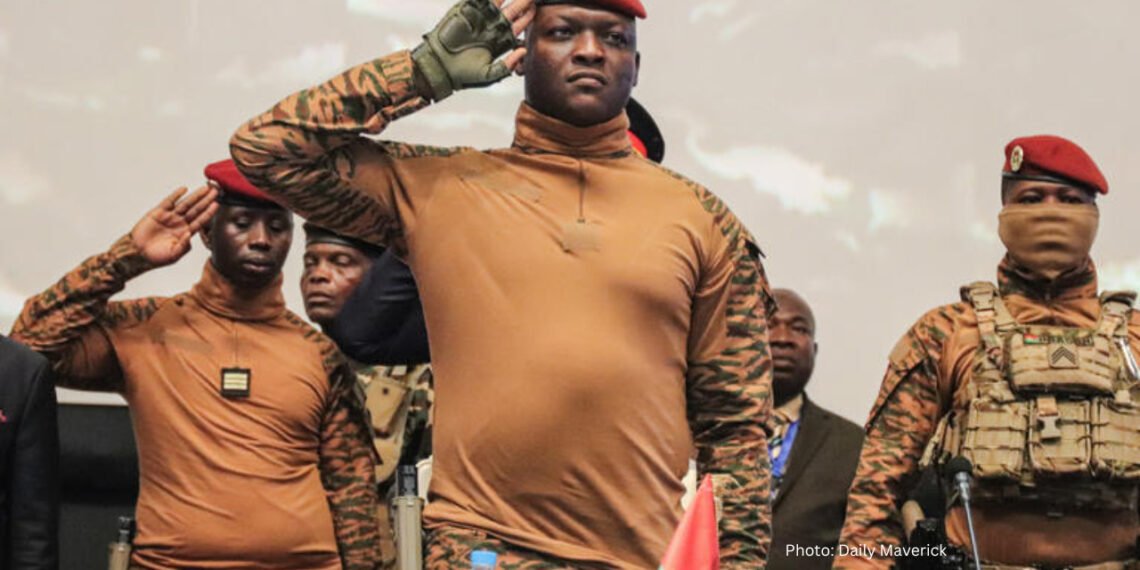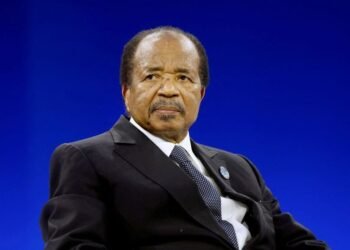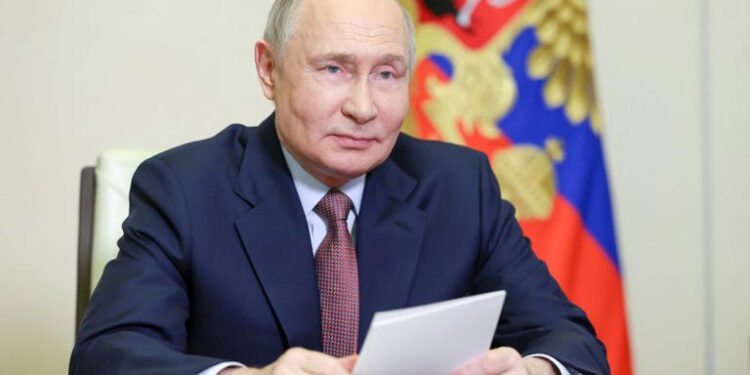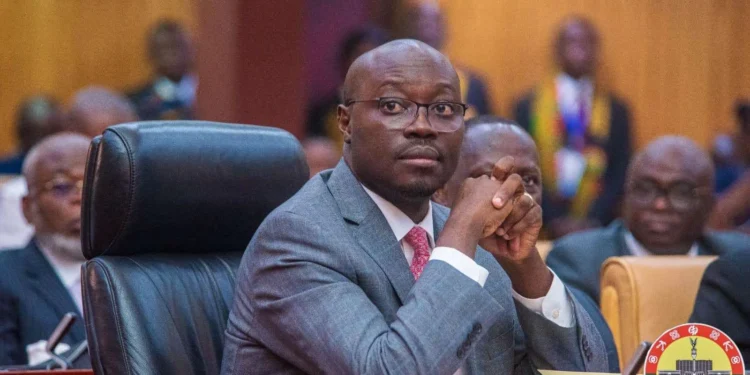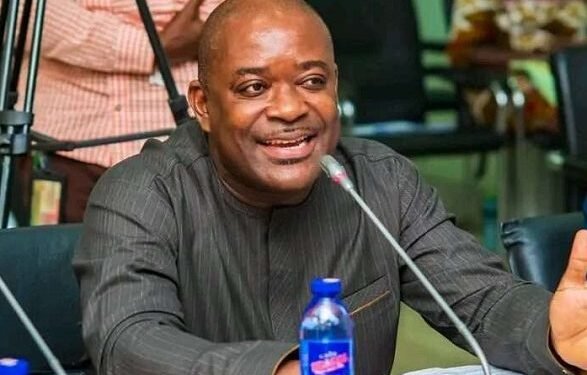Burkina Faso has ordered the expulsion of United Nations regional coordinator Carol Flore-Smereczniak after a UN report accused the West African nation of grave violations against children, a government spokesperson announced on Monday.
In a statement, officials said they were not consulted in the drafting of the report titled “Children and Armed Conflict in Burkina Faso” and were not briefed on its findings before publication. Authorities accused the UN of circulating misinformation, claiming the document contained “baseless assertions and falsehoods” without referencing credible investigations or rulings from domestic courts.
The UN’s offices in Geneva and New York did not immediately respond to requests for comment on the government’s decision.
The dispute marks the latest breakdown in relations between Burkina Faso and the United Nations at a time when the country is engulfed in escalating insecurity. A violent insurgency driven by Islamist groups aligned with al-Qaeda and Islamic State has plagued the country for more than a decade, spilling over into neighboring states that have also experienced military takeovers between 2020 and 2023.
The UN has repeatedly raised alarm over atrocities committed in the Sahel conflict, including the killing, abduction, and abuse of children, as well as the recruitment of minors as fighters. But the Burkinabe junta has consistently bristled at these accusations, framing them as part of an international campaign to undermine its authority.
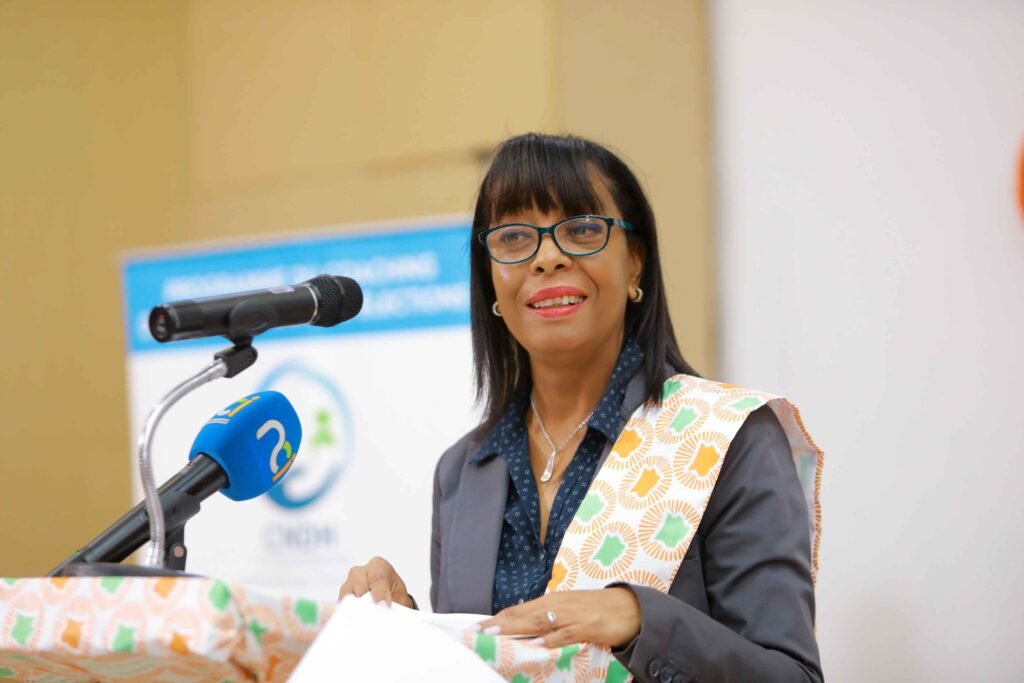
Relations Sour After Successive Military Coups
Tensions between Burkina Faso and the UN have been mounting since the military coup of early 2022 that ousted elected President Roch Marc Christian Kaboré. The UN Security Council and other international bodies strongly condemned the takeover.
Lieutenant Colonel Paul-Henri Sandaogo Damiba initially led the junta before being replaced by Captain Ibrahim Traoré following a second coup later that year. Since then, UN criticism of the junta’s governance, human rights record, and resistance to international oversight has fueled a widening rift.
One of the flashpoints has been the presence of the UN peacekeeping mission MINUSMA, which operates in Mali but has regional influence across the Sahel. The Burkinabe authorities have long argued that international missions are failing to contain jihadist groups and view the UN’s approach as inadequate to their security needs.
Officials accuse the UN of bias, insisting that the organization disproportionately targets the Burkinabe leadership while overlooking the responsibilities of other actors in the Sahel crisis.
Junta Rejects UN Pressure For Civilian Rule
The UN’s persistent calls for a rapid transition back to civilian governance have further aggravated the junta. Military leaders interpret such demands as external meddling in sovereign affairs and have restricted certain UN initiatives, limited high-level visits, and scaled back cooperation.
Aid groups and humanitarian workers have also faced restrictions, with reports of intimidation and harassment surfacing in recent months. The UN has voiced concern over the safety and independence of its staff, while the Burkinabe government insists that its actions are meant to safeguard national security rather than obstruct relief work.
The breakdown of trust has become more dangerous as Burkina Faso continues to endure frequent militant attacks and mass displacement. International observers fear that strained relations with the UN will complicate efforts to deliver humanitarian aid and undermine broader peacebuilding strategies in the region.
As the country grapples with worsening instability, analysts warn that neither the UN nor the junta can afford a complete rupture. Both sides face the difficult task of reconciling their differences for the sake of national stability and the protection of vulnerable civilians, especially children who remain at the center of the crisis.
READ ALSO: Deputy Minister Limits Clarified Amid Caretaker Appointments

